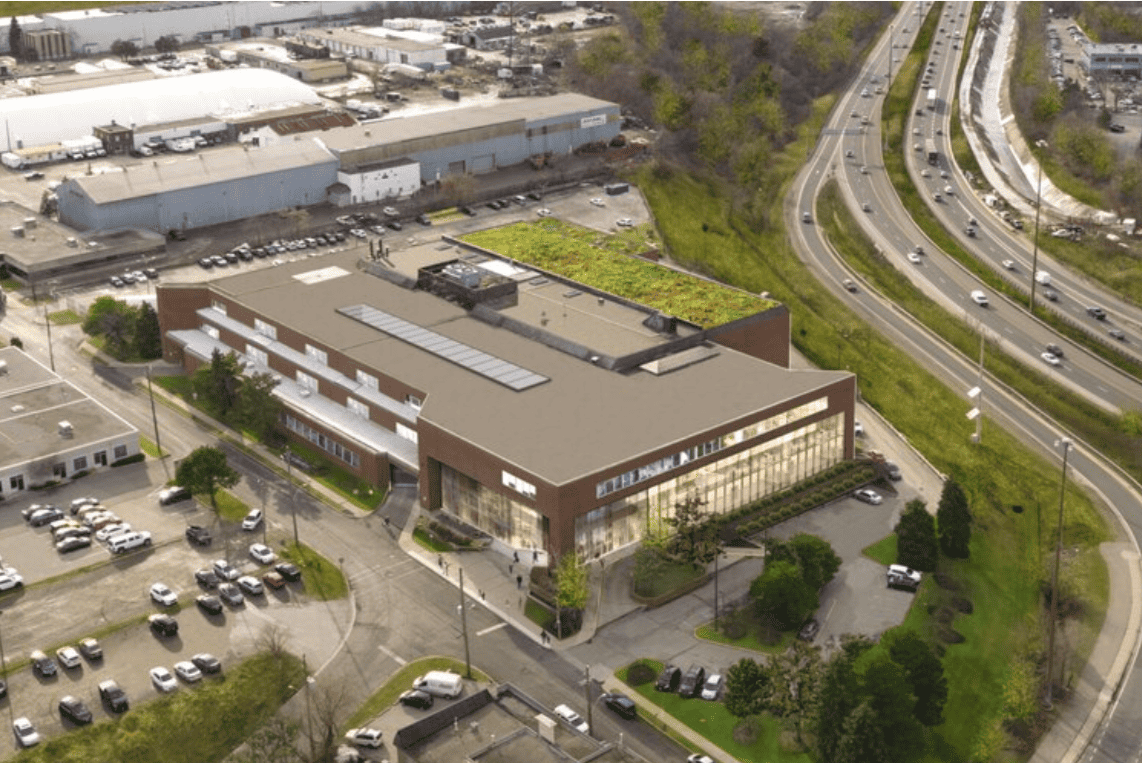Nuclear accident test scheduled for four hours on Thursday in Hamilton
Published November 15, 2023 at 12:18 pm

If you see emergency response vehicles at a McMaster Innovation Park facility in Hamilton on Thursday, no need to panic.
For four hours, McMaster University said it will test its response to a simulated radiological transportation accident on Nov. 16 at 44 Frid St. Now used for life sciences activities, the landmark building is the former home of the Hamilton Spectator.
Josip Zic, McMaster’s health physics director, said such a nuclear incident is highly unlikely to happen. McMaster Nuclear Reactor and the university’s nuclear research laboratories have served researchers, the medical community, students and industry since the 1950s.
“There is a long and proud tradition of safe nuclear research at McMaster University,” said Zic in a statement. “The University is responsible for radiological material, not only on campus, but also when it is being transported to or from campus on public roads. As a result, it’s important that we test and maintain our emergency response capabilities to ensure that we can support first responders in the unlikely event of an accident.”
Barriers will be set up around the exercise area and access to this area will be very limited, it added.
Crews will start working to set up the exercise at 8 a.m. It will run from 9:30 a.m. until 1:30 p.m.
The exercise is designed to drill McMaster Health Physics and McMaster Nuclear Reactor staff, McMaster Security Services, the Hamilton Fire Department, the Hamilton Paramedic Service, and the Hamilton Police Service on their emergency response, the university said in a press release.
“There is a long and proud tradition of safe nuclear research at McMaster University,” said Zic. “The McMaster Nuclear Reactor and the University’s nuclear research laboratories are world-class facilities that have served researchers, the medical community, students and industry since the 1950s. The University is responsible for radiological material, not only on campus, but also when it is being transported to or from campus on public roads. As a result, it’s important that we test and maintain our emergency response capabilities to ensure that we can support first responders in the unlikely event of an accident. This exercise provides an invaluable opportunity to work together in real-time.”
Along with McMaster’s nuclear facilities and laboratories, the university and its partners provide isotopes produced at the McMaster Nuclear Reactor. These are used in various ways, such as treating prostate cancer in about 125 patients per day.
INthehammer's Editorial Standards and Policies





